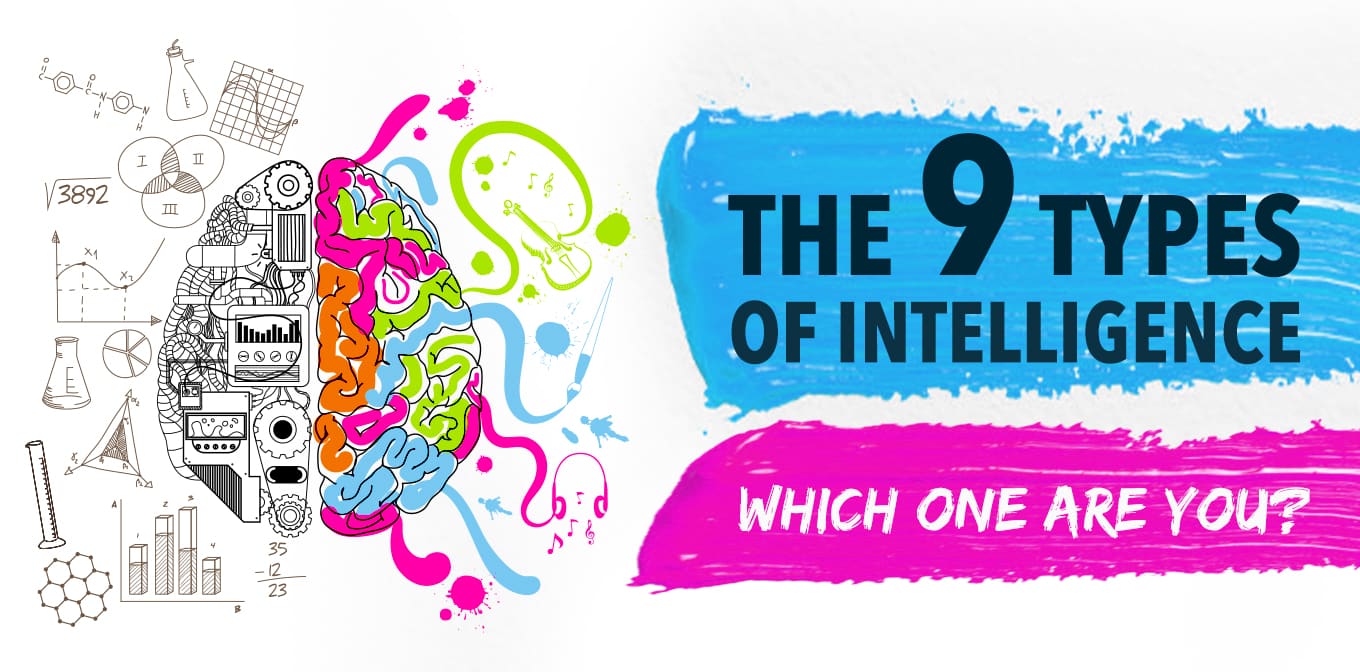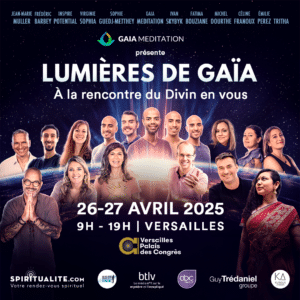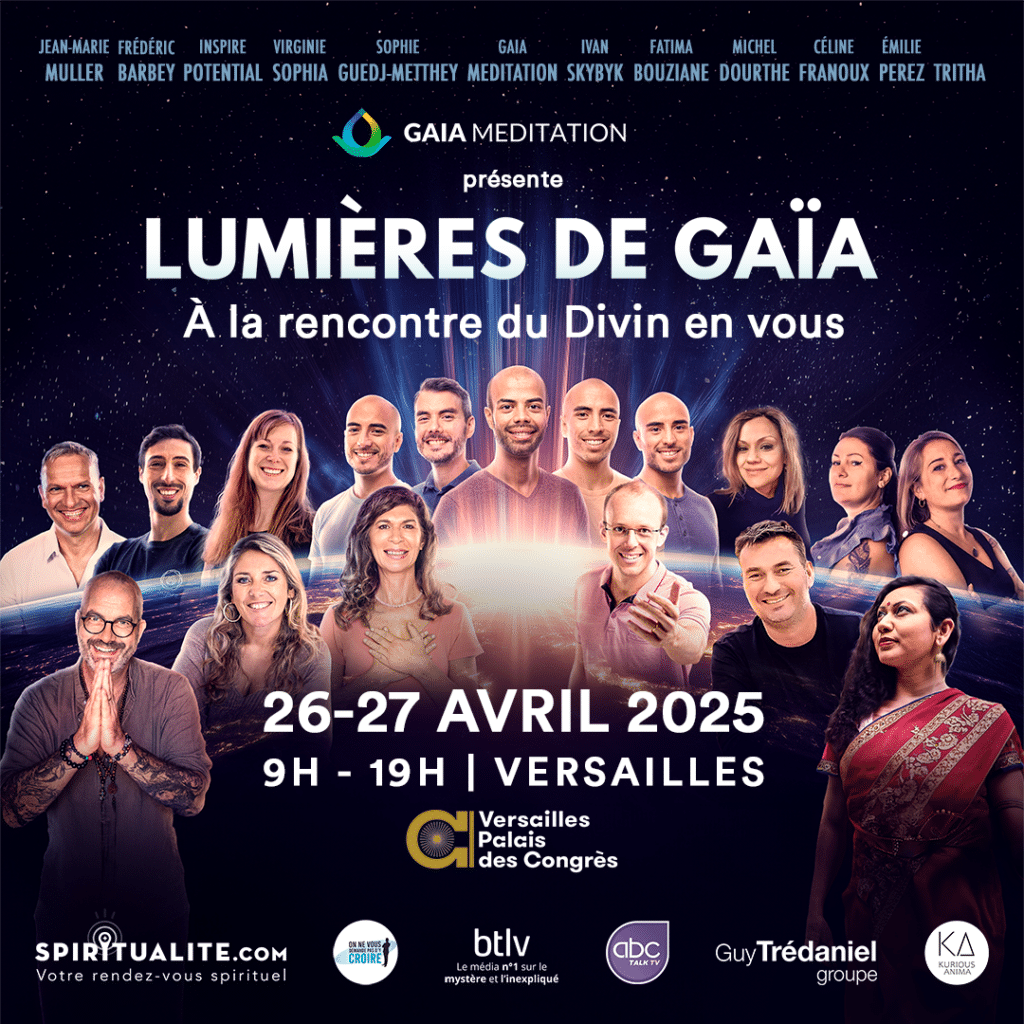The multiple intelligence theory describes intelligence as the inherent potential of human capabilities. According to Howard Gardner, a Harvard University psychologist, intelligence is diverse, and every individual possesses a different type of intelligence. Unlike in the traditional society where intelligence was limited to intellectual ability, Gardner expounded his list through his multiple intelligence theory that bore the nine types of intelligence.
Gardner suggests that intelligence is a personal ideal developed from an interaction between social needs. Though innate, environmental exposure enhances these types of intelligence. With the multiple intelligence theory, Gardner believes that everyone is blessed with the 9 types of intelligence but at different levels. Hence, everyone has different human capabilities and effective problem-solving skills.
Below, is an elaboration of the nine types of intelligence and their principles.
-
Linguistic intelligence
You can refer to these persons as verbal intellects. They can use words, written and spoken to bring out order and meaning. Linguistic intellects adore manipulating words and writings to bring out rhyme, repetition, alliteration and hence compose something sensible. They learn through reciting, writing research, word games and storytelling. People with linguistic intelligence are well suited as poets, novelists and journalist.
-
Spatial/ visual intelligence
Here, individuals show a precise sense of visual space. They are wizards, well versed in visual games, can unravel difficult puzzles, and their imagination is exceptional. They perceive thing in three dimensions and can easily find directions. They acquire skills through painting, writing, watching movies, mapping, illustrating and visualizing.
-
Naturalist Intelligence
These are nature smart individuals. They are good observers of nature and can easily tell the capacity of a phenomenon. Gardner describes these individuals as lovers of the environment. They can easily spot even the slightest change in their environments. You can never outdo them when it comes to comparing, observing, classifying and discovering new ideas. In life, these persons become botanists, zoologist, and biologists. Exploring outdoor environments is their hobby, and they have a dislike of unfamiliar topics that are not nature related.
-
Musical Intelligence
You can call them rhythm and sound intellects. Musical intellects are overly sensitive when it comes to sounds. Music instills creativity in a manner that; even for sounds you may deem irrelevant or those that go unnoticed, musical smart individuals assemble this sounds to come up with a rhythm, pitch, melody, and timbre. These individuals learn through composing, singing, improvising, and writing. They are good at memorizing songs, discerning sounds and are talented with playing musical instruments. They are well suited for jobs that entail music. Here, they can compose music, mentor others, and can be great performers.
-
Logical-Mathematical Intelligence
Individuals possessing this kind of intelligence exhibit the ability to calculate, analyze, quantify and solve mathematical problems. They use reason and patterns to absorb information. They are mostly scientists or mathematicians. They showcase an escalated level of logic, reasoning and are excellent with patterns. They conceptualize ideas and conduct experiments to bring logic on the table.
-
Interpersonal Intelligence
An interpersonal individual is sociable. Easy to relate with and can interact with anyone. They showcase the ability to distinguish between intentions, motivations, emotions, and sensitivity of people around them. They are well versed in both verbal and nonverbal cues. Problem and dispute solving is their specialty. This is done by inculcating adherence with others by learning what they like. Mostly, these individuals are at peace when in crowds. They possess brilliant leadership skills
-
Bodily-Kinesthetic intelligence
Individuals possessing this type of intelligence exhibits exceptional body language to bring out emotions and thoughts. They showcase unimaginable mind and body coordination to make body movements, perform acts, and to exercise physical control. They are well endowed with flexibility, speed, strength, agility and tactile stunts. While others may use verbal communication, for them, bodily sensations bring out the best in them. They engage in recreational activities such as dancing, sports, and intelligence gets enhanced by repeated exercises. When seated, such persons want to create things with their hands. They constantly engage in sewing, carving, weaving and touching things with their hands to busy themselves.
-
Intrapersonal intelligence
They are self-smart individuals. They are well versed with their emotions, strengths, weakness, temperaments, desires and esteem issues. They use this self-understanding to plan their life. Self-analysis enhances self-worth and confidence; hence they know where to draw their strength to perfect their life. Mostly, they are introspective, and they garner their intuition from solitude.
-
Existential Intelligence
Existential intelligence revolves around people being able to exhibit great intuition when dealing with the people around them and the environment. Individuals with this kind of intelligence are well versed with life questions regarding human existence, how life came to be, and why people die. They are people who see things in a bigger picture. They believe in deities and can easily defend their stand. They understand their role in peoples live and are ever ready to answer life’s most ambiguities.
Even though Howard Gardner’s theory of multiple intelligence is controversial, it is irrefutable that human intelligence surpasses the common notion of intelligent potential. People are endowed differently intellectually. Hence, it is time you explore how well you are adorned with Gardner’s theory.
What types of intelligence do you feel more connected to ? Please let us know in the comments below.









